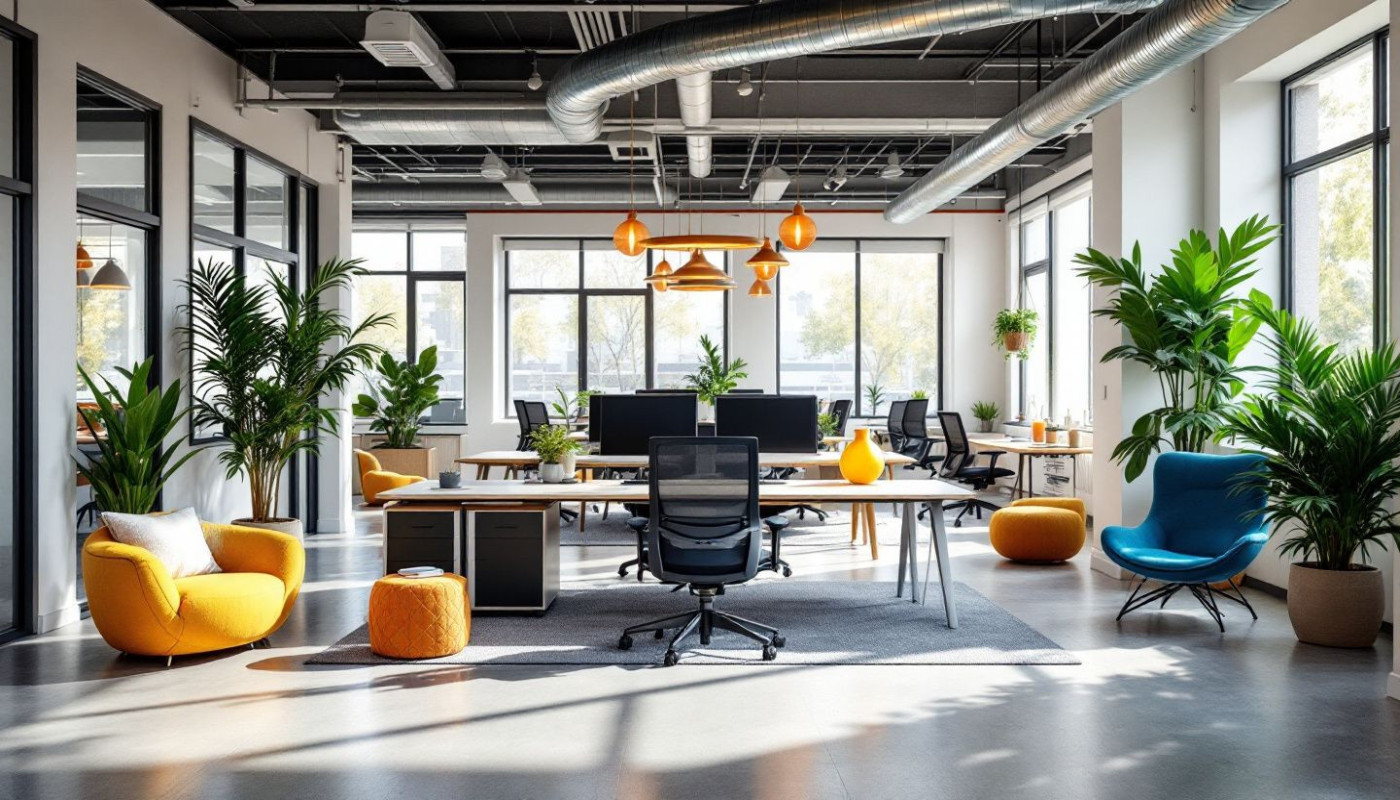Table of contents
In today's rapidly evolving professional landscape, the design and functionality of workspaces have taken center stage in fostering both productivity and a sense of community. Modern work environments are no longer just about desks and computers—they are dynamic spaces that inspire creativity, collaboration, and well-being. Continue reading to uncover how these thoughtfully designed spaces are transforming the way people work and connect.
Flexible layouts for diverse needs
Modern workspace design increasingly centers around flexible workspaces that support activity-based working, recognizing that one size does not fit all. Adaptable offices offer a combination of collaborative environments and designated quiet zones, allowing employees to select settings best suited for their tasks. Open-plan areas foster teamwork and idea-sharing, while secluded spaces enable undisturbed focus, catering to individual preferences and roles within a team. This strategic use of adaptable offices not only enhances productivity but also ensures that workspace design remains responsive to the shifting dynamics of today's workforce. By prioritizing flexibility, companies empower teams to collaborate effectively and concentrate when needed, resulting in greater engagement and overall job satisfaction.
Technology integration enhances efficiency
Modern smart offices leverage the Internet of Things (IoT), high-speed connectivity, and cutting-edge office technology to create an environment where workplace efficiency thrives. Smart desks automatically adjust to an individual's preferred settings, while interactive meeting tools enable seamless digital collaboration whether team members are on-site or participating in remote work solutions. By incorporating these innovations, workflow interruptions are minimized and employees stay connected to projects and colleagues from anywhere. As organizations continue to invest in advanced office technology, the workspace evolves into a dynamic ecosystem that supports both productivity and the flexible needs of today’s diverse workforce.
Well-being at the core of design
Modern workspaces are redefining the standards of workplace well-being by integrating ergonomic design and biophilic elements that go beyond aesthetics. Ergonomic furniture, such as adjustable chairs and sit-stand desks, reduces physical strain and encourages healthy posture, directly contributing to a healthy office environment. The inclusion of biophilic elements—natural lighting, greenery, and water features—has been shown to reduce stress levels and enhance mental clarity. Circadian lighting, which mimics the natural changes in sunlight throughout the day, supports employees' natural sleep-wake cycles and can improve energy levels and focus during working hours. These features collectively foster a space where employees feel valued and supported.
Amenities that cater to physical and mental health, like fitness centers, quiet zones, and access to nutritious snacks, play a significant role in employee engagement. Such facilities promote movement, relaxation, and social interaction, addressing a wide range of well-being needs. The effects are tangible: employees working in spaces designed with workplace well-being in mind report higher levels of satisfaction and engagement, leading to reduced absenteeism and improved productivity. Organizations that prioritize a healthy office not only attract but also retain top talent by cultivating an environment where people can thrive.
Workplace wellness experts consistently point to the synergy between space design and organizational culture. When companies invest in ergonomic design and biophilic elements, they send a clear message about the value placed on their teams. This focus on well-being creates a sense of community and shared purpose, which can be observed in innovative environments around the globe. For instance, coworking hubs are often at the forefront of these trends. To discover venues that exemplify these principles, see Best coworking spaces in San Diego, where such modern approaches to workplace design are setting new standards for productivity and collaboration.
Fostering community through shared spaces
Communal workspaces play a transformative role in shaping a cohesive office community by offering environments where employees naturally interact beyond formal meetings. Lounges, kitchens, and event spaces serve as hubs for spontaneous conversations and informal networking, strengthening both professional and social capital across teams. These shared office space features break down traditional departmental silos, making it easier for individuals from diverse backgrounds and roles to share ideas, solve problems collaboratively, and develop a genuine coworking culture. As employees gather in these communal zones, they build trust and rapport, which not only enhances team collaboration but also drives innovation within the organization. Ultimately, integrating such areas into modern office design contributes to a dynamic, inclusive workplace where community and productivity thrive together.
Sustainability shapes the modern office
Sustainable offices are transforming the way organizations approach workspace design, integrating workplace sustainability at every level. Energy-efficient design is now a standard, with features like LED lighting, motion sensors, and automated climate control systems that greatly reduce energy consumption. In a green workspace, recycled materials such as repurposed wood, low-VOC paints, and reclaimed metal are frequently used, contributing to an eco-friendly office environment and minimizing waste. LEED certification—a globally recognized technical benchmark for green building—signals a commitment to these advanced standards, prioritizing both planetary health and human well-being. Employees benefit as well: natural daylight, improved air quality, and biophilic elements like living walls create healthier, more inspiring environments, which research shows can boost morale and productivity. Organizations choosing these strategies demonstrate leadership in workplace sustainability, strengthening community and attracting talent invested in responsible, future-focused values.
Similar
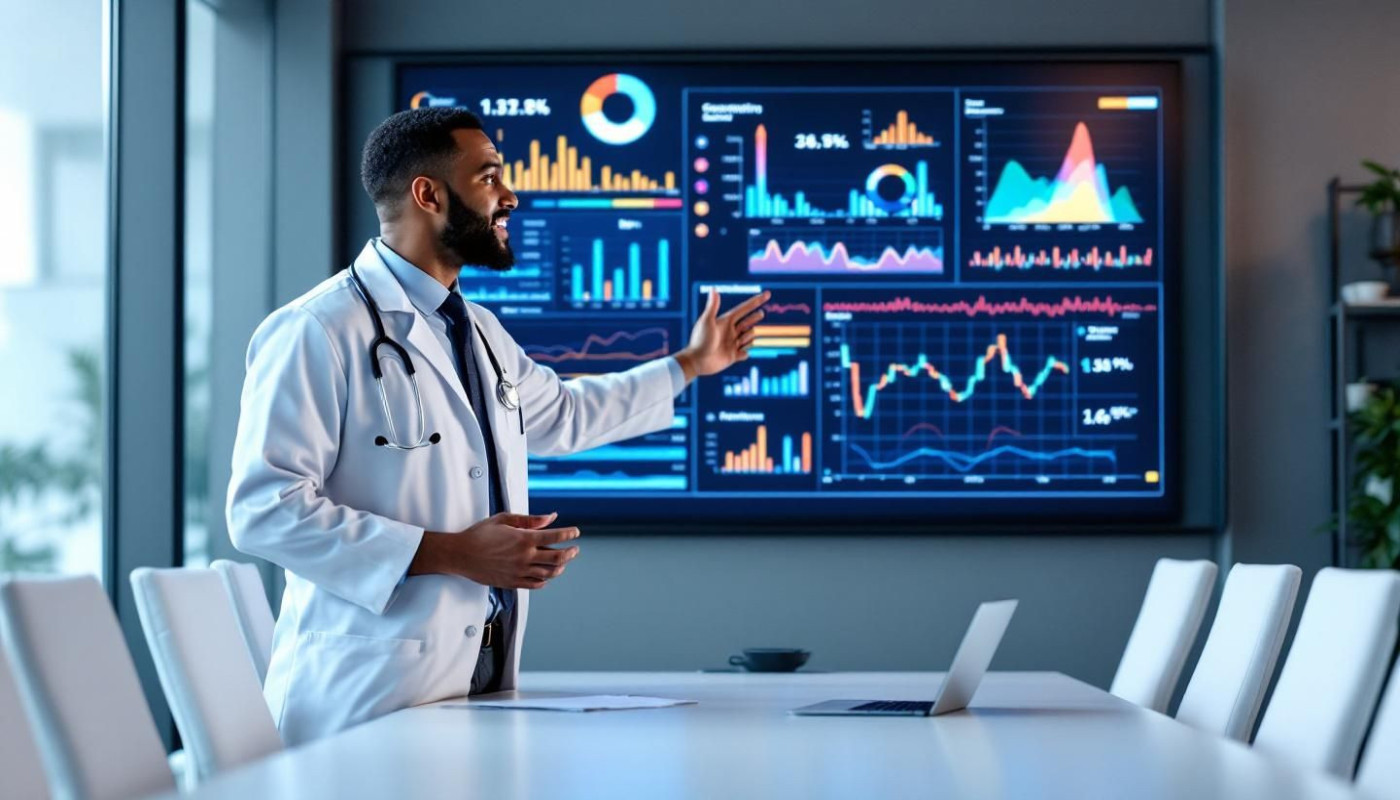
How Specialized Agencies Enhance Medical Presentation Impact
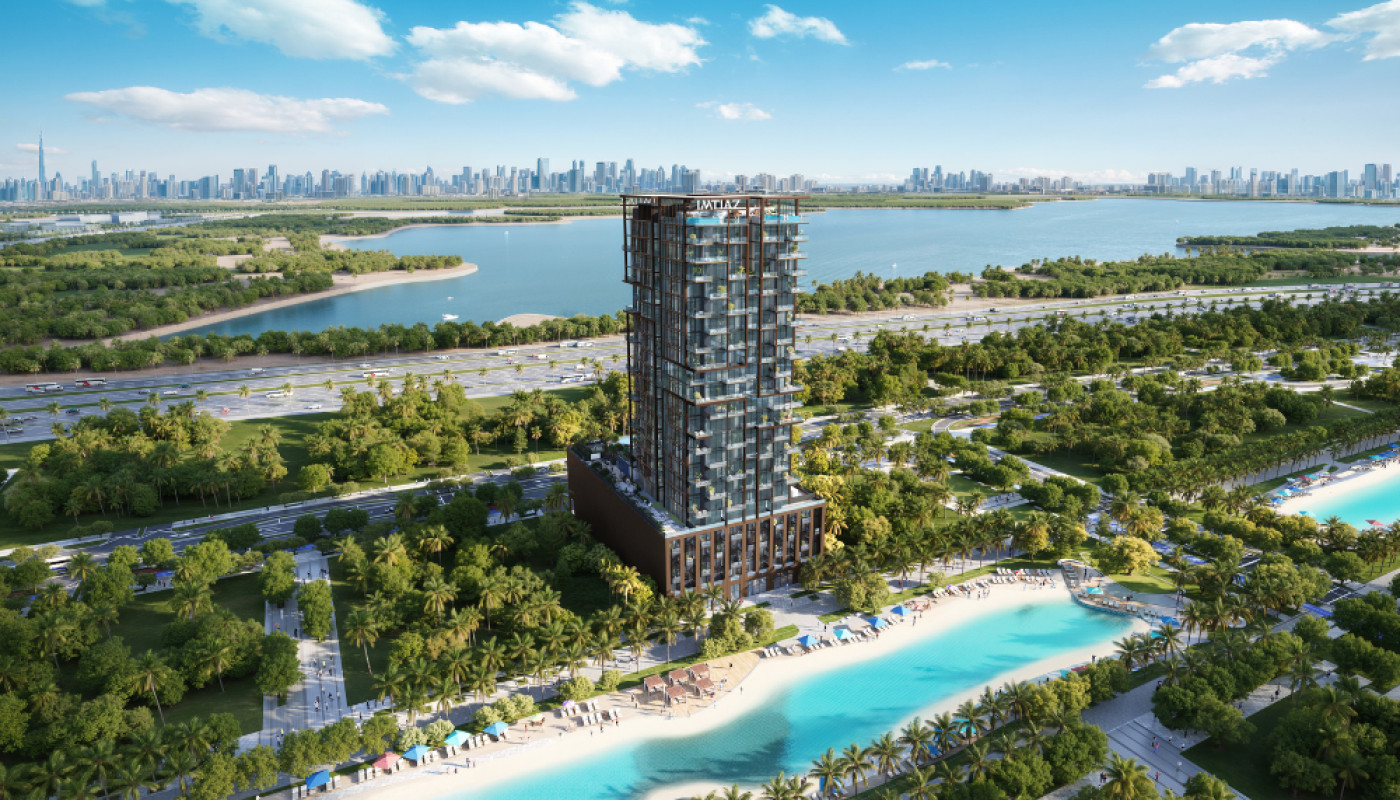
Exploring the Unique Investment Opportunity of Wynwood Horizon in Dubai
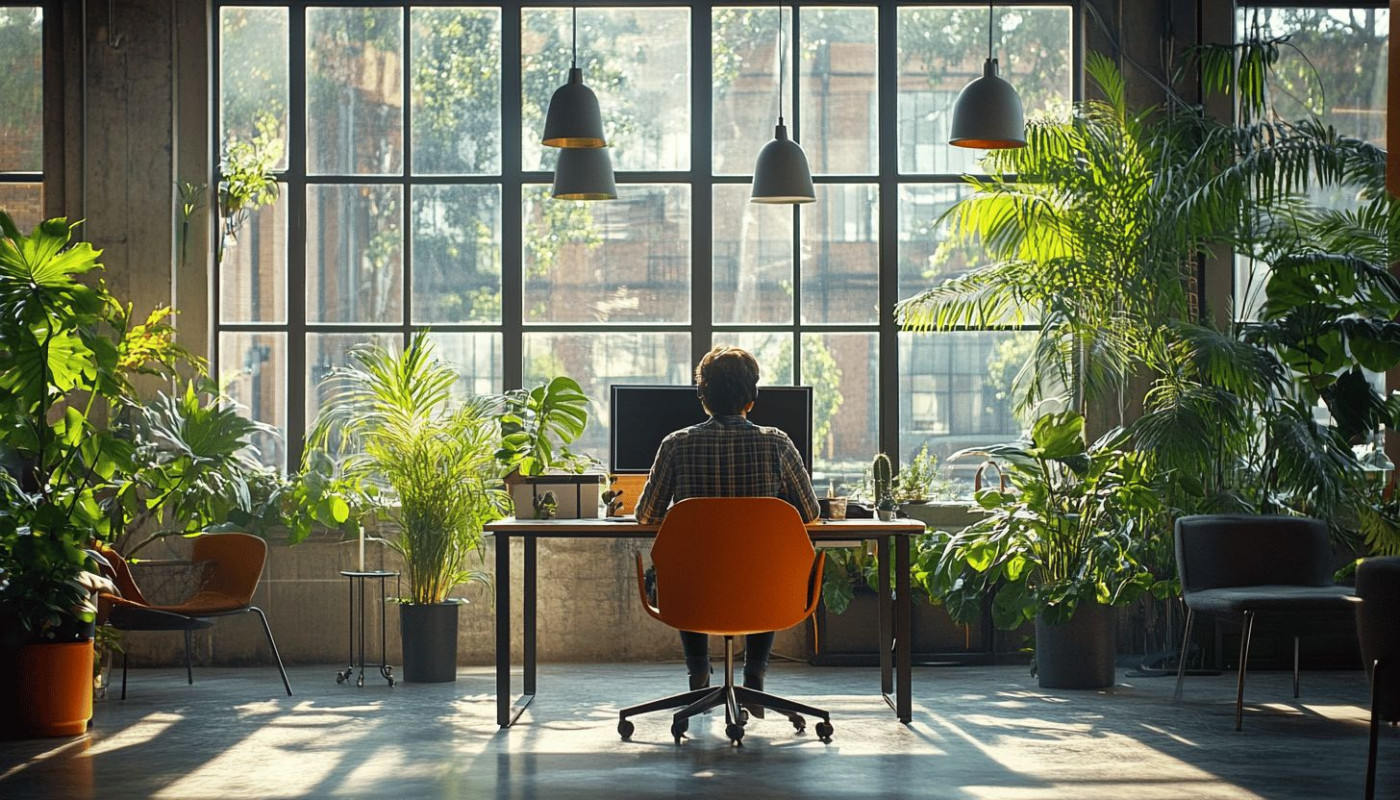
Exploring The Rise Of Flexible Workspaces In Modern Cities

How Affordable Backlink Services Boost SEO Without Breaking The Bank
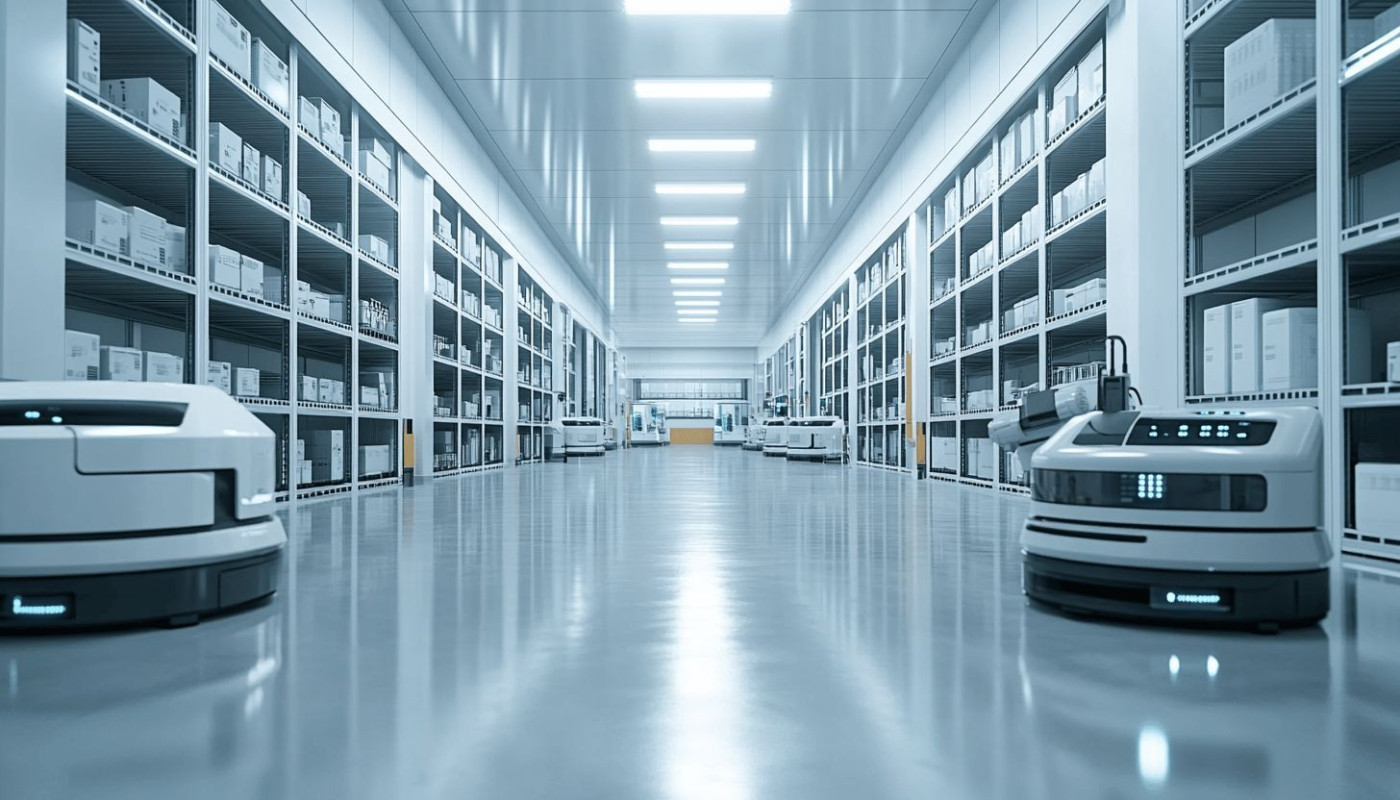
The Ultimate Guide To Simplifying Live Shopping Logistics
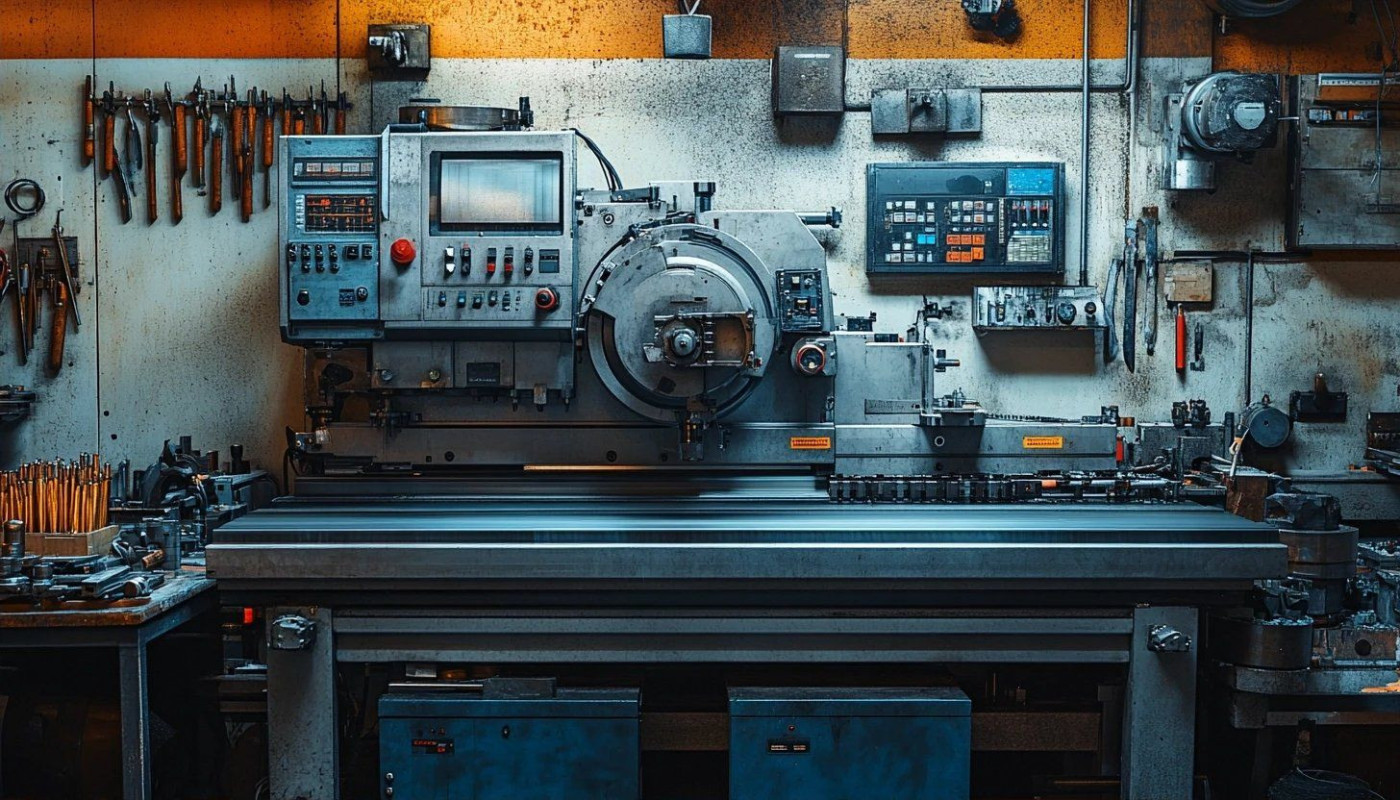
How To Choose The Right Used CNC Lathe For Your Manufacturing Needs?

Exploring The Benefits Of Obtaining An EMI License For Financial Businesses

Exploring the potential of green energy solutions for sustainable small business growth

Utilizing data-driven decision making to propel business success

How Multi-site Platforms Streamline Global Brand Management

Exploring the subscription box craze - how to start a subscription service with low overhead

How To Optimize Team Workflow With Project Management Tools

How Generative AI Is Revolutionizing Creative Industries

Exploring The ROI Of Deploying Chatbots Across Different Business Sizes

How To Efficiently Obtain A French Company's Certificate Of Incorporation

How Personalized Onboarding Boosts Product Engagement And Retention

The Impact Of Cultural Differences On Outsourcing: Navigating Challenges For Global Business Success

The Impact Of Virtual Reality On The Sports Industry's Business Models

How Omnichannel Cloud Solutions Are Revolutionizing Customer Service Efficiency

The Impact Of E-commerce On Local Businesses

Using an e-mail checker : why is this practice so important ?

